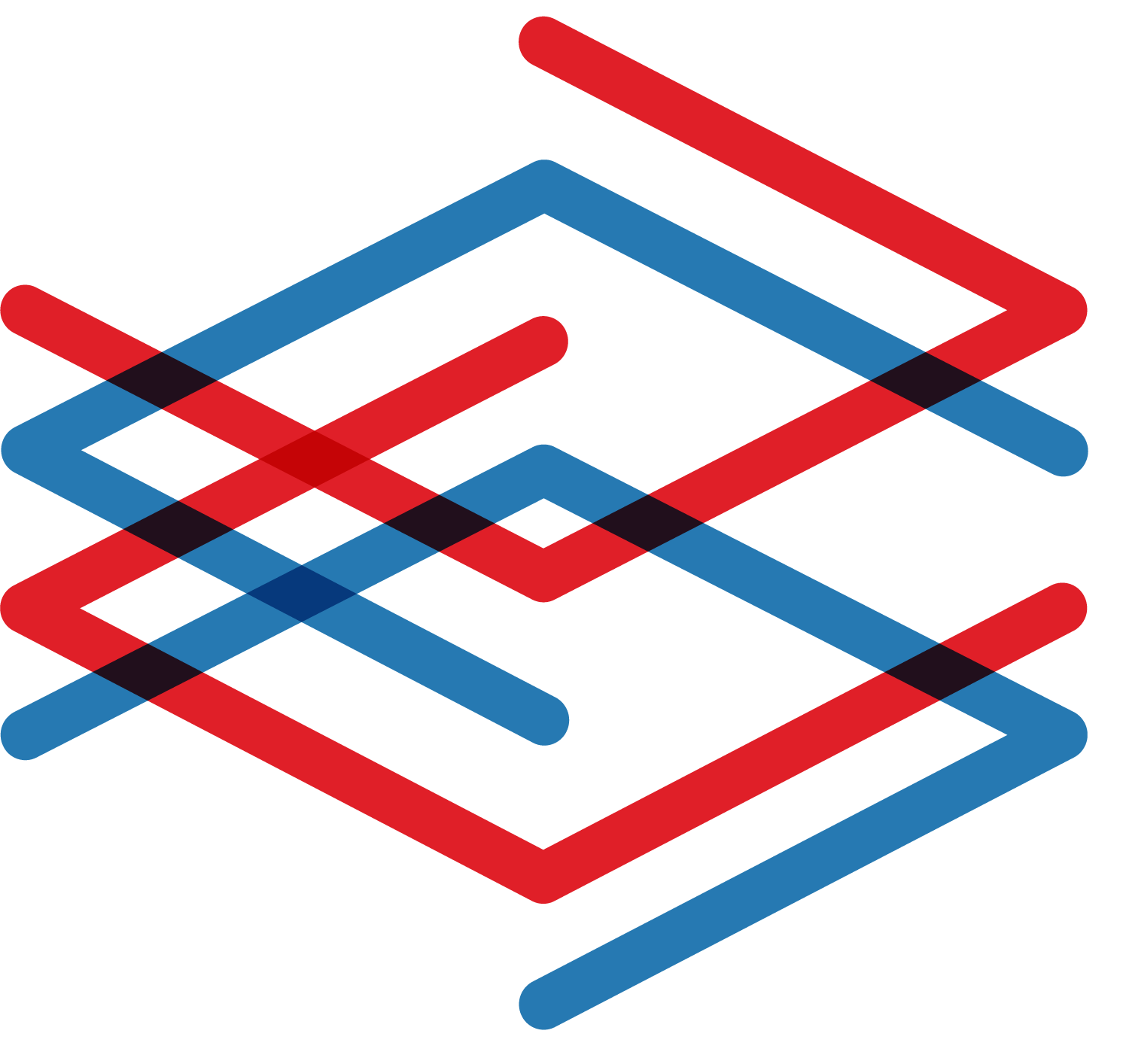Cyber cliches > Analysts are loners!
- Mathilde Queffurus
- Feb 15, 2023
- 2 min read
Updated: Aug 22, 2023
Cybersecurity professionals and analysts are often subject to pervasive stereotypes.
The image of a lone individual wearing a black hoodie in a dimly-lit room staring at code on their computer screen is a common one, perpetuated by popular media. However, the most prevalent stereotype in the field is that analysts are unattractive, socially isolated hackers who have forsaken personal relationships in favor of technology. This characterization paints analysts as awkward and geeky, but these assumptions are misguided.
In reality, cyber professionals come from diverse backgrounds and possess a range of social skills.

A reality very far from theses stereotypes!
Contrary to popular belief and persistent stereotypes, cybersecurity analysts lead ordinary lives and have families, friends, and hobbies… Do we really need to mention it? Moreover, being an analyst does not necessarily entail working alone behind a screen to combat hackers. Collaboration and teamwork are essential components of the job. There is a REAL teamwork dimension!
To be an effective cybersecurity analyst, it is crucial to have strong teamwork skills, as no individual analyst can be an expert in all aspects of cyber. A diverse group of individuals with a range of skills is needed to form a well-rounded cybersecurity team. This requires leveraging each other's strengths for the benefit of the team and the company. Analysts must also be able to communicate complex cybersecurity concepts to stakeholders who may not be well-versed in the field. Therefore, good communication skills and the ability to work collaboratively are essential elements of the job.
Additionally, as an analyst, it is important to adopt the mindset of an attacker in order to understand their motivations, tactics, and techniques. This human psychology dimension is a critical aspect of the job.
In summary, cybersecurity analysts do not work alone with their computers, but instead rely on teamwork and collaboration to combat cyber threats effectively.



